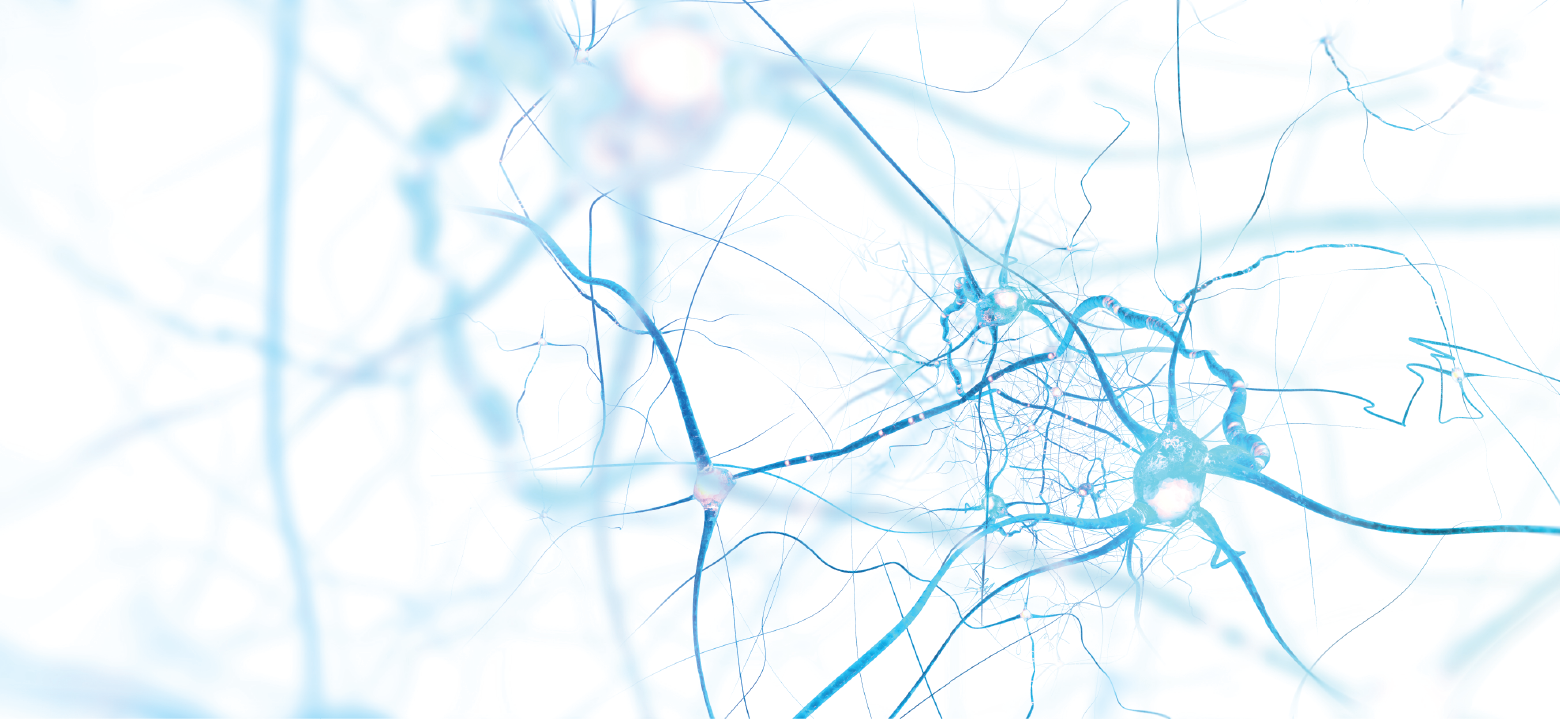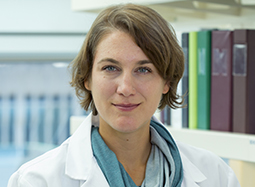World Parkinson’s Day: Reasons for hope
April 10, 2019

In honor of World Parkinson’s Day, we asked scientists in our Center for Neurodegenerative Science what makes them most hopeful and most excited for the future of Parkinson’s research and treatment. Here’s what they said.

“This year, there are three major developments in Parkinson’s disease that stand out as particularly important and exciting.
First, we are increasingly recognizing that Parkinson’s disease is heterogeneous in nature, and varies greatly between patients in terms of symptom profile, rate of progression and neuropathology. This means that future clinical trials can be designed to be more ‘personalized,’ which will increase the chances of finding effective treatments that slow worsening of symptoms.
Second, the research field is now more actively addressing possible triggers of the disease process in an attempt to identify novel and important disease-causing factors (such as environmental, infectious or lifestyle-related) that act on top of a person’s genetic risk profile.
Third, in attempts to slow disease progression, there is now a wide range of experimental treatments in clinical development that target a variety of processes that might contribute to the disease. I am hopeful that one or more of these trials will be successful. This in itself can revolutionize therapy, and also open up the door for even more refined drugs as well as combination treatments that dramatically slow the rate of decline in patients.” – Patrik Brundin, M.D., Ph.D., Director, Center for Neurodegenerative Science

“I think it is exciting that patients are very proactive and able to provide a lot of insightful information about their symptoms to scientists and doctors that may be useful in understanding the causes of the disease. I am also excited that inflammation is becoming more and more considered as a potential trigger or cause of disease rather than merely a bystander effect of neurodegeneration.” – Lena Brundin, M.D., Ph.D., Associate Professor

“One of the most exciting things in my view is integrating new technology into our research, which helps us reveal how the brain rewires itself in Parkinson’s. What we find could help us figure out ways to repair damage and restore brain function in the future.” – Hong-yuan Chu, Ph.D., Assistant Professor

“Genetic epidemiologists recently discovered more than 90 genes that influence Parkinson’s disease. Although PD is a disease of the elderly, these genes may affect a person throughout their entire lives.” – Gerry Coetzee, Ph.D., Professor

“For the first time, we are able to study the effects of DNA variability with unprecedented resolution at the cellular level. This is completely transformative for the field and will open doors for new therapeutic interventions in Parkinson’s disease.” – José Brás, Ph.D., Associate Professor & Rita Guerreiro, Ph.D., Associate Professor

“What I’m most excited about is the growing understanding that Parkinson’s may begin, at least in part, in other areas of the body outside of the brain. This opens the door to developing new therapies that don’t just target the destruction of neurons but that also target the mechanisms that may be occurring in places that contribute to Parkinson’s, such as the GI tract, the appendix and the immune system.” – Viviane Labrie, Ph.D., Assistant Professor

“Tremendous advances have been made in understanding the pathogenic mechanisms of these diseases. What is important for us now is to translate this knowledge into something that is going to benefit patients.”– Jiyan Ma, Ph.D., Professor

“I am most excited about the emergence in recent years of a number of promising drug targets for therapeutic disease modification in Parkinson’s disease that represent a diverse array of cellular pathways and therapeutic strategies. These targets have stemmed from increasing understanding of the genetic basis of PD and the biological pathways and processes that these genes regulate. I am extremely optimistic about ongoing and future drug discovery efforts for treating PD.” – Darren Moore, Ph.D., Professor
